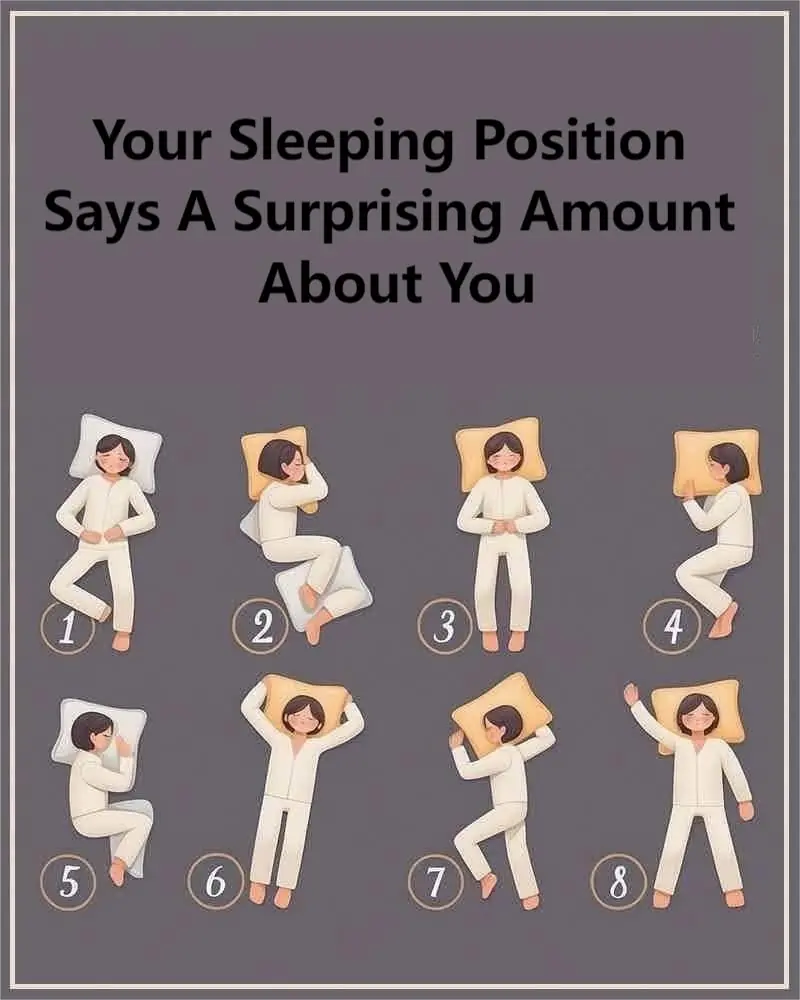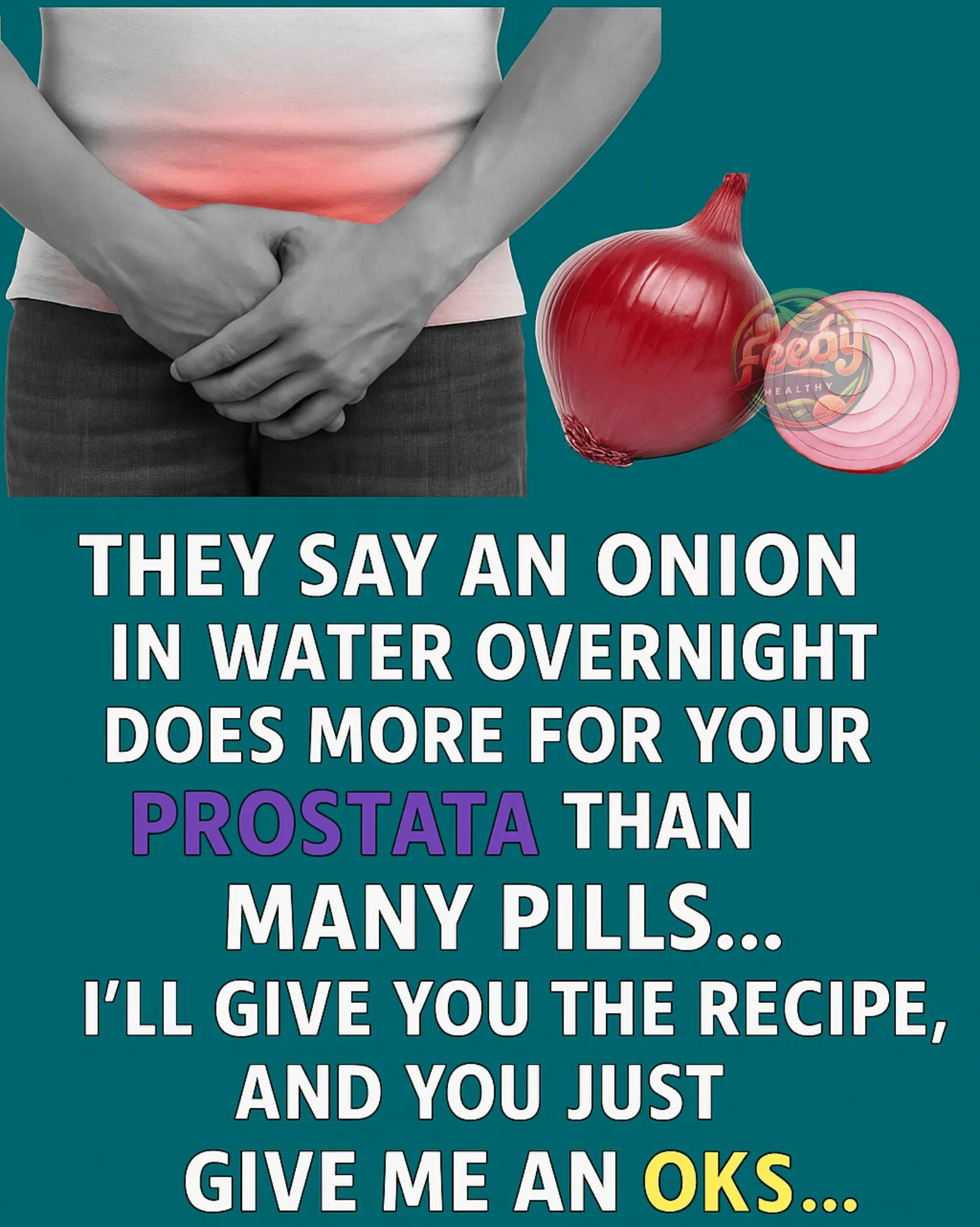
12 WARNING SIGNS OF A HEART ATTACK YOU SHOULD NOT IGNORE
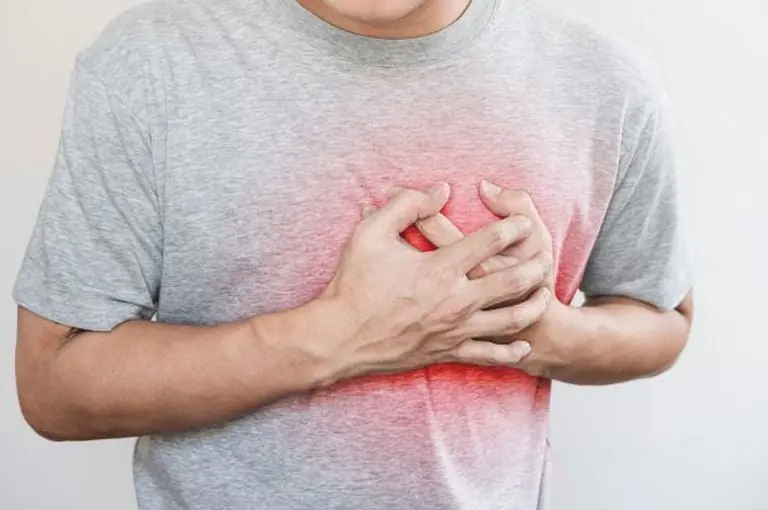
In daily life, we may encounter minor symptoms that could indicate serious health conditions but are easy to overlook. If you experience any of the following signs, you should see a doctor.
1. Chest Pain
This is a common symptom of a heart attack (myocardial infarction), but not all heart attacks happen suddenly. It may manifest as discomfort, a heavy pressure, or a squeezing sensation in the chest. Some people mistake it for heartburn. The pain may last for a few seconds or minutes and then disappear. Often, people ignore it, assuming it’s muscle pain from physical activities like gardening or lifting heavy objects.
2. Arm or Back Pain
Men often experience pain in the left arm, while women may feel pain in both arms. You might feel heaviness or numbness in your arm, which could be a sign of angina or a heart attack. The pain may start in the chest and then spread to the back, between the shoulder blades, or across the upper back. Pay attention if the pain occurs at night and wakes you up, especially if you can't identify a muscle or bone source for the discomfort.
3. Neck or Jaw Pain
During a heart attack, you may feel pain above the shoulders, tension in one or both sides of the jaw, or discomfort in the neck. You may also experience a burning or choking sensation in the throat.
4. Unusual Fatigue
Feeling tired after a busy day is normal. However, extreme fatigue without any heavy physical exertion can be a red flag. For instance, if you feel exhausted after regular exercise or a shower, or if you're too tired to sleep properly, it might be a warning sign of heart disease.
5. Fainting and Nausea
You may feel like you’re about to faint, which can happen when your blood pressure drops due to the heart not pumping enough oxygen to the brain. Though this could be caused by overexertion, heart conditions could also be responsible. Additionally, persistent nausea or loss of appetite might be a warning sign of a serious heart problem.
6. Sweating and Shortness of Breath
A heart attack may cause excessive sweating even while resting. You might feel cold and clammy or struggle to catch your breath. It may feel like you've just run a marathon or that no position—sitting, lying down, or standing—provides relief.
7. Coughing and Wheezing
Persistent shortness of breath with coughing and wheezing can indicate heart failure. This occurs when the heart cannot pump enough oxygen-rich blood to the body. Fluid can build up in the lungs, causing difficulty breathing and producing crackling or wheezing sounds when inhaling. In some cases, people may cough up pink-tinged mucus.
8. Swelling (Edema)
Heart failure can cause swelling in the ankles, legs, knees, and even the stomach. You may notice your shoes becoming tighter. This happens because the heart slows blood circulation, leading to fluid retention. The kidneys also struggle to eliminate excess salt and water, worsening the swelling.
9. Difficulty Moving
When the heart weakens, it prioritizes blood flow to vital organs like the brain and heart rather than the arms and legs. As a result, physical activities like walking the dog, climbing stairs, or even dressing can become exhausting. In severe cases of heart failure, even short walks around the house may feel overwhelming.
10. Rapid or Irregular Heartbeat
A weak heart often beats faster to compensate for its reduced pumping ability. This can cause a racing or irregular heartbeat. Some people feel skipped beats or fluttering sensations, similar to a fish flopping inside the chest. This could indicate atrial fibrillation, which increases the risk of blood clots and stroke if left untreated. You may not always feel your heart racing, but you might experience fatigue, dizziness, or shortness of breath.
11. Loud Snoring
Frequent loud snoring may indicate sleep apnea, which can lead to brief pauses in breathing during sleep. Over time, this condition increases the risk of atrial fibrillation, high blood pressure, and type 2 diabetes. Untreated sleep apnea can significantly raise the risk of heart disease and even be life-threatening.
12. Erectile Dysfunction
Persistent erectile dysfunction may be an early sign of heart disease. Blocked arteries in the heart can also affect blood flow to the penis, making it difficult to maintain an erection. If this issue occurs frequently, it is advisable to see a doctor to determine the underlying cause.
When to Call Emergency Services
Call for emergency help immediately if you or someone else experiences any of the following heart attack symptoms:
- Chest pain that feels like pressure, squeezing, or stabbing
- Pain or discomfort in the shoulders, back, neck, or arms
- Shortness of breath as if being choked
- Lightheadedness, dizziness, or fainting
- Excessive sweating or unexplained nausea
Emergency First Aid for a Heart Attack
Doctors recommend taking the following steps when encountering someone with acute myocardial infarction (heart attack):
Step 1: Stop all activities immediately, sit or lie down in a semi-upright position (around 75 degrees), and keep the knees bent. Remove tight clothing like jackets, belts, scarves, or ties. The patient should take deep breaths or be guided to breathe slowly to stabilize heart rhythm.
Step 2: If available, place nitroglycerin under the tongue as directed by a doctor. Nitroglycerin helps dilate coronary arteries, improving blood flow and reducing heart muscle damage.
Step 3: If the patient is not allergic and has no contraindications, take aspirin. Aspirin prevents platelets from clumping at atherosclerotic plaques, reducing the risk of forming large blood clots that could block arteries. Follow the doctor's advice regarding aspirin use.
Step 4: Perform CPR (cardiopulmonary resuscitation) if the patient becomes unconscious, stops breathing, or has no pulse. If you are experiencing a heart attack yourself, signal others for assistance.
Step 5: Provide emergency personnel with critical information, including symptoms, onset time, medications taken, medical history, risk factors, and allergies.
Step 6: On the way to the hospital, medical staff may administer nitroglycerin, blood thinners, anticoagulants, beta-blockers, pain relievers, or sedatives.
Step 7: Upon arrival at the hospital, the patient will be taken to the emergency or catheterization lab. Doctors will conduct blood tests and an electrocardiogram (ECG) to assess the condition. Additional tests like chest X-rays, echocardiograms, coronary angiograms, or CT scans may be performed.
Step 8: Depending on the type and severity of the heart attack, doctors may perform:
- Coronary angioplasty (stent placement)
- Thrombolytic therapy (clot-dissolving medication)
- Coronary artery bypass surgery (to restore blood flow to the heart)
These procedures aim to quickly reopen blocked arteries, restore blood flow, and minimize heart damage and long-term complications.
Step 9: After successful treatment, the patient will be monitored in the hospital. To prevent recurrence, doctors will prescribe long-term medications such as:
- Blood thinners and antiplatelets
- Statins (cholesterol-lowering drugs)
- ACE inhibitors
- Beta-blockers
- Diuretics
Upon discharge, doctors will provide guidance on diet, lifestyle, exercise, and stress management while advising against harmful habits like smoking, excessive alcohol consumption, and prolonged stress to prevent future heart issues.
News in the same category


Eliminates bloated belly, clears urinary infections, and cleanses fatty liver.
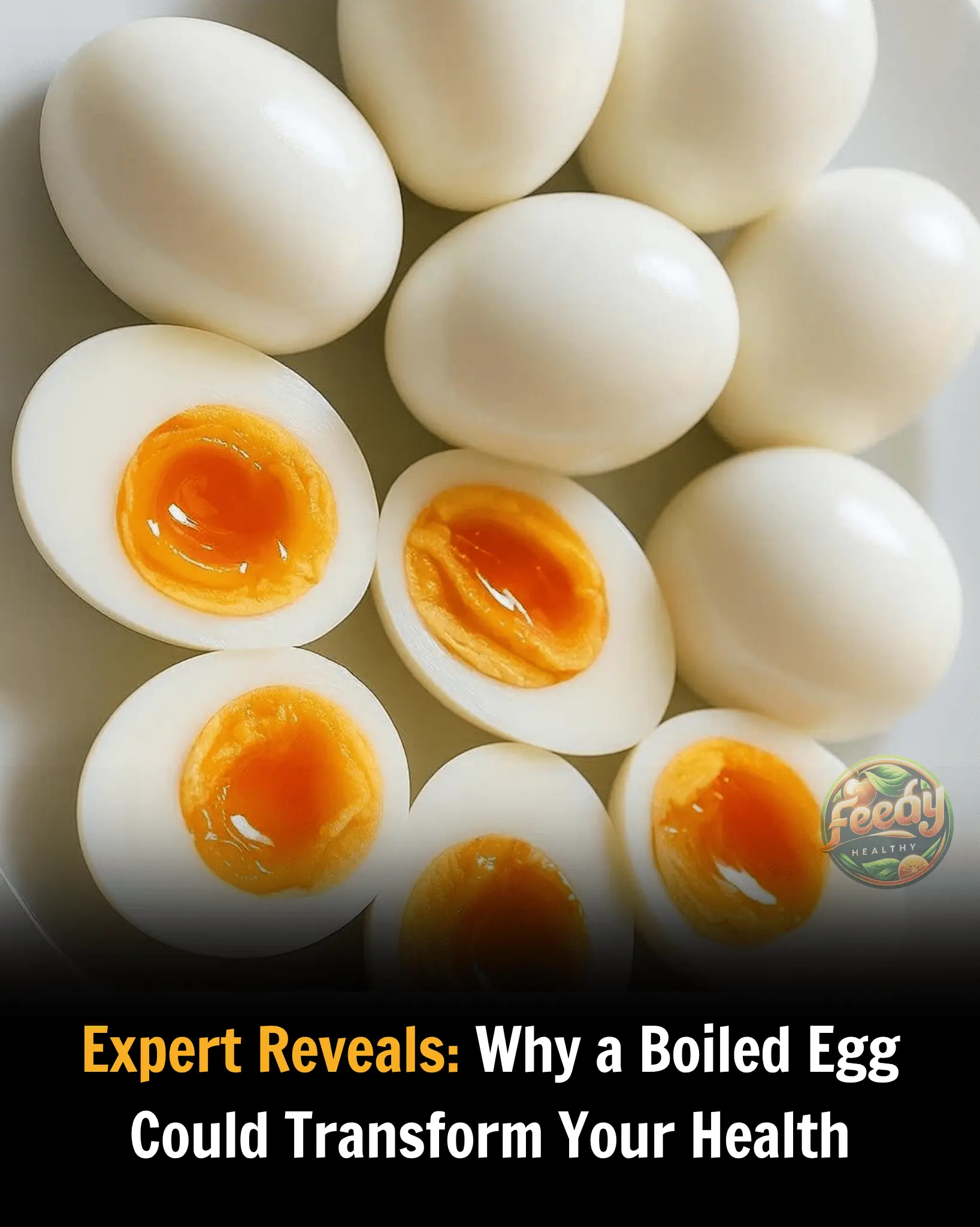
Expert Reveals: Why a Boiled Egg Could Transform Your Health
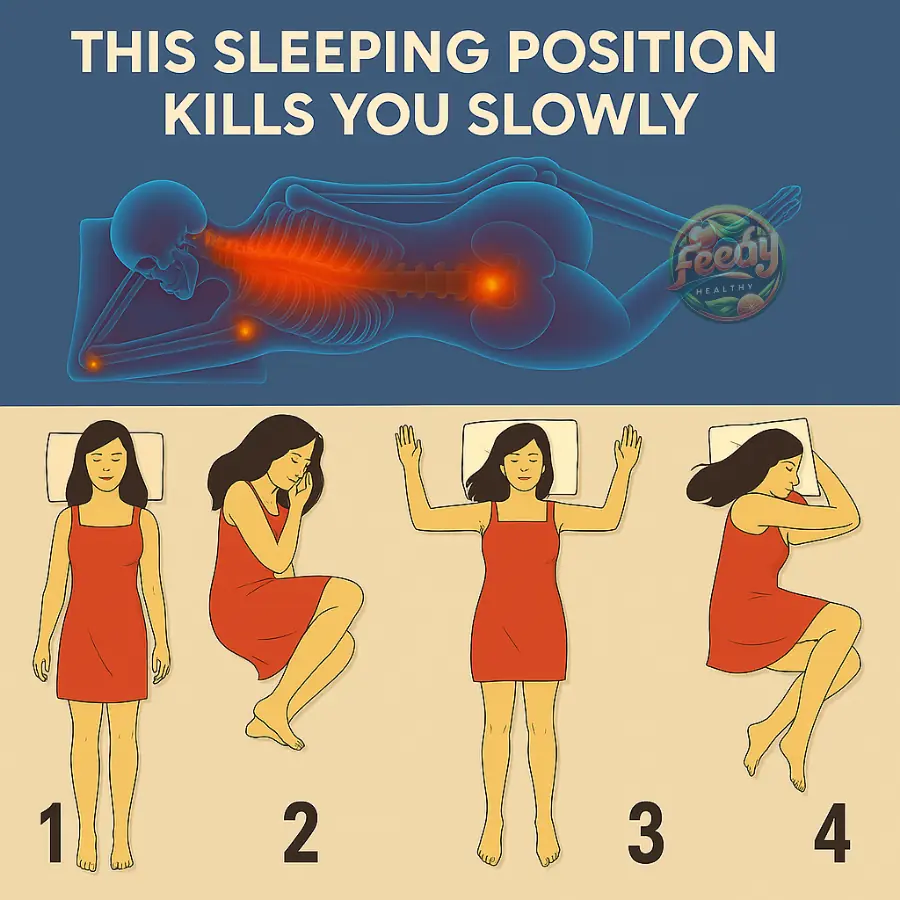
The Most Dangerous Sleeping Position: What You Didn’t Know
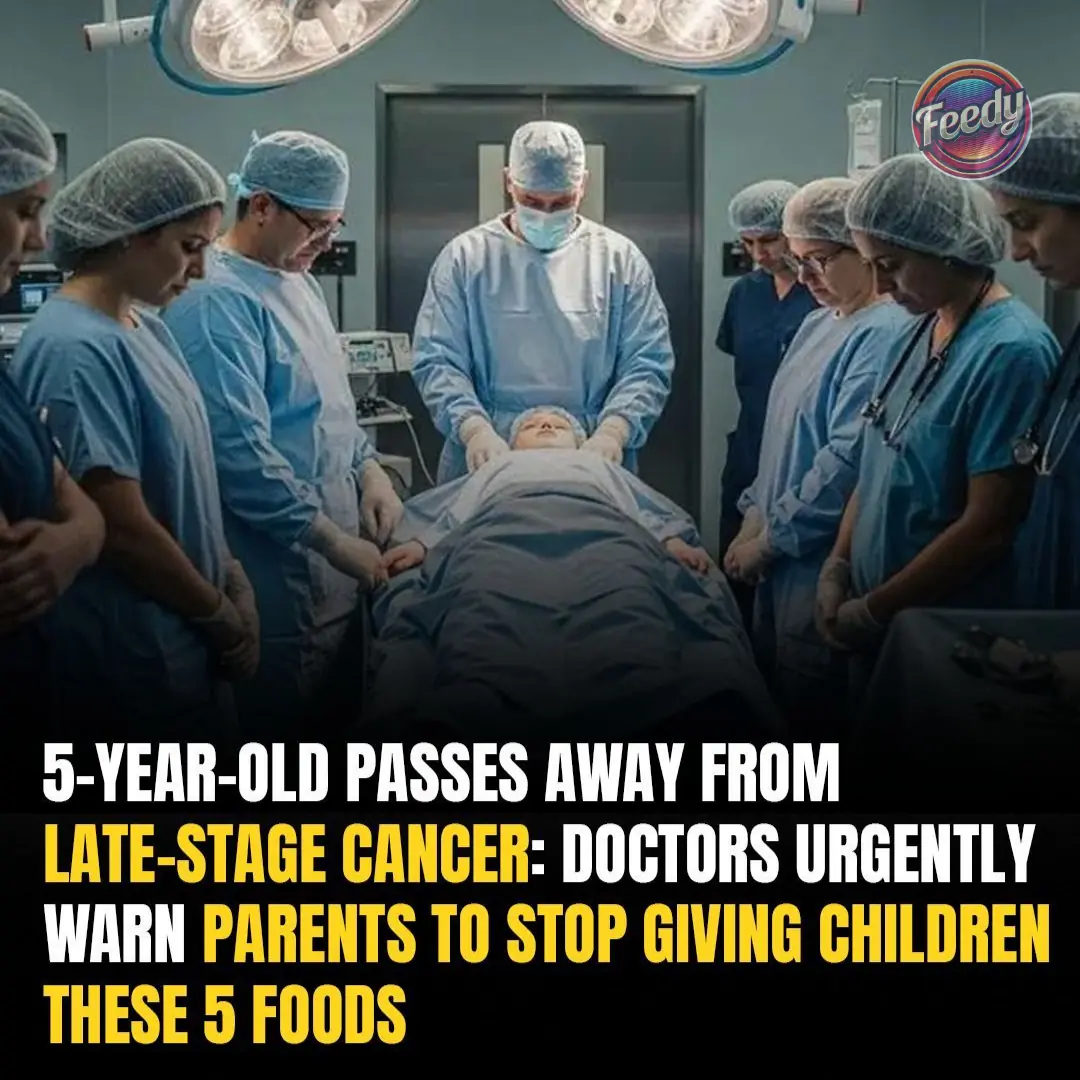
5 Things Doctors Say You Should Never Give Your Kids to Help Prevent Cancer
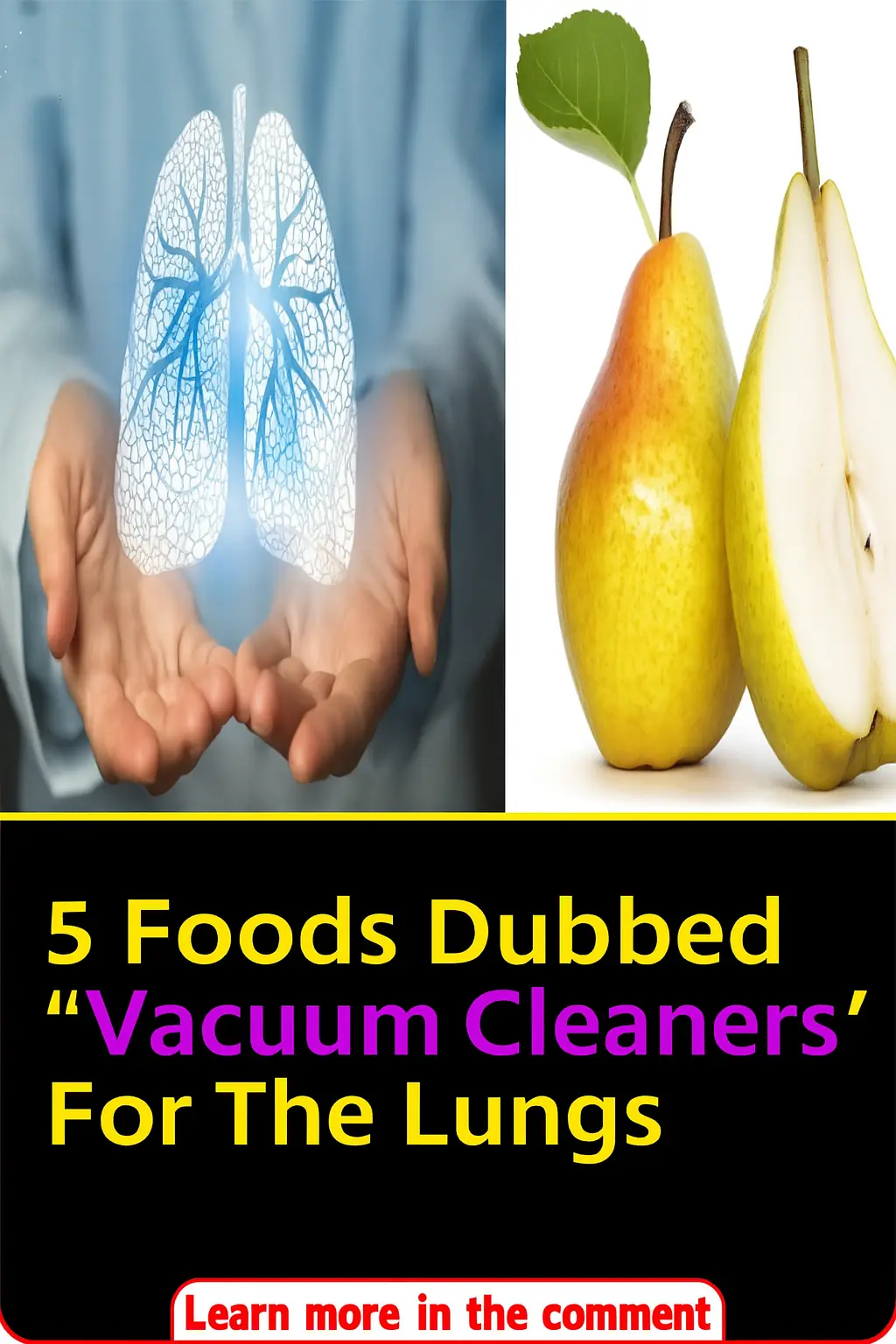
5 Foods Dubbed “Vacuum Cleaners” for the Lungs: Eat Them Regularly to Cleanse Your Lungs
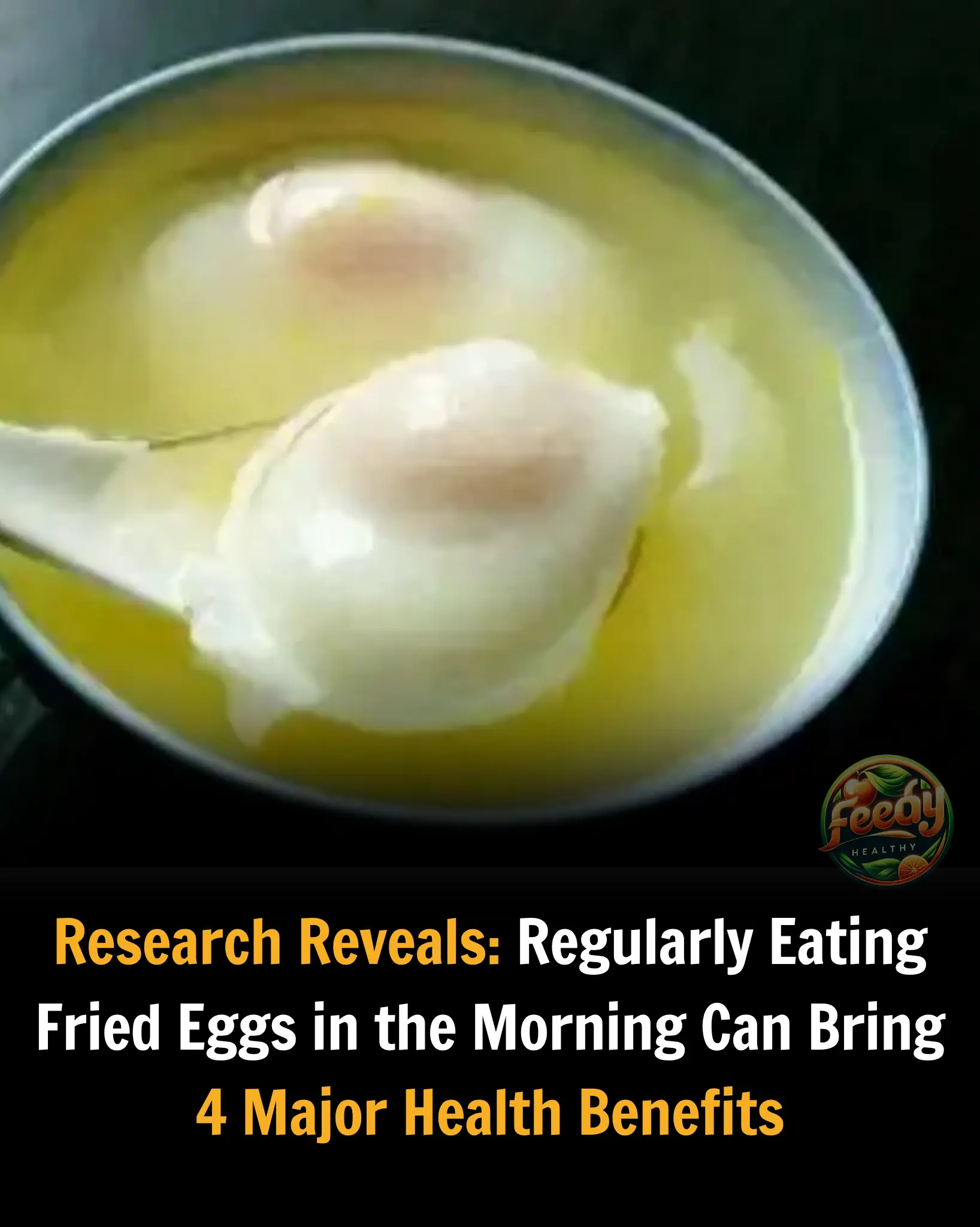
Research Reveals: Regularly Eating Fried Eggs in the Morning Can Bring 4 Major Health Benefits
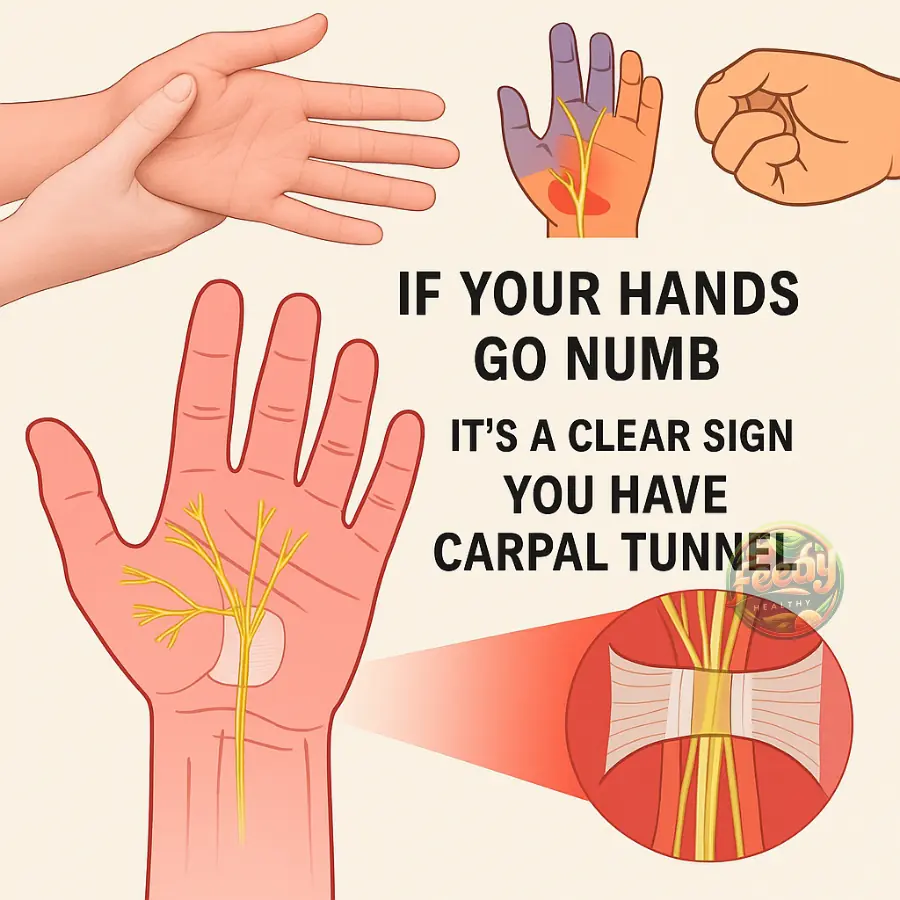
Why Do Your Hands Go Numb? Signs and Solutions to Improve Your Health
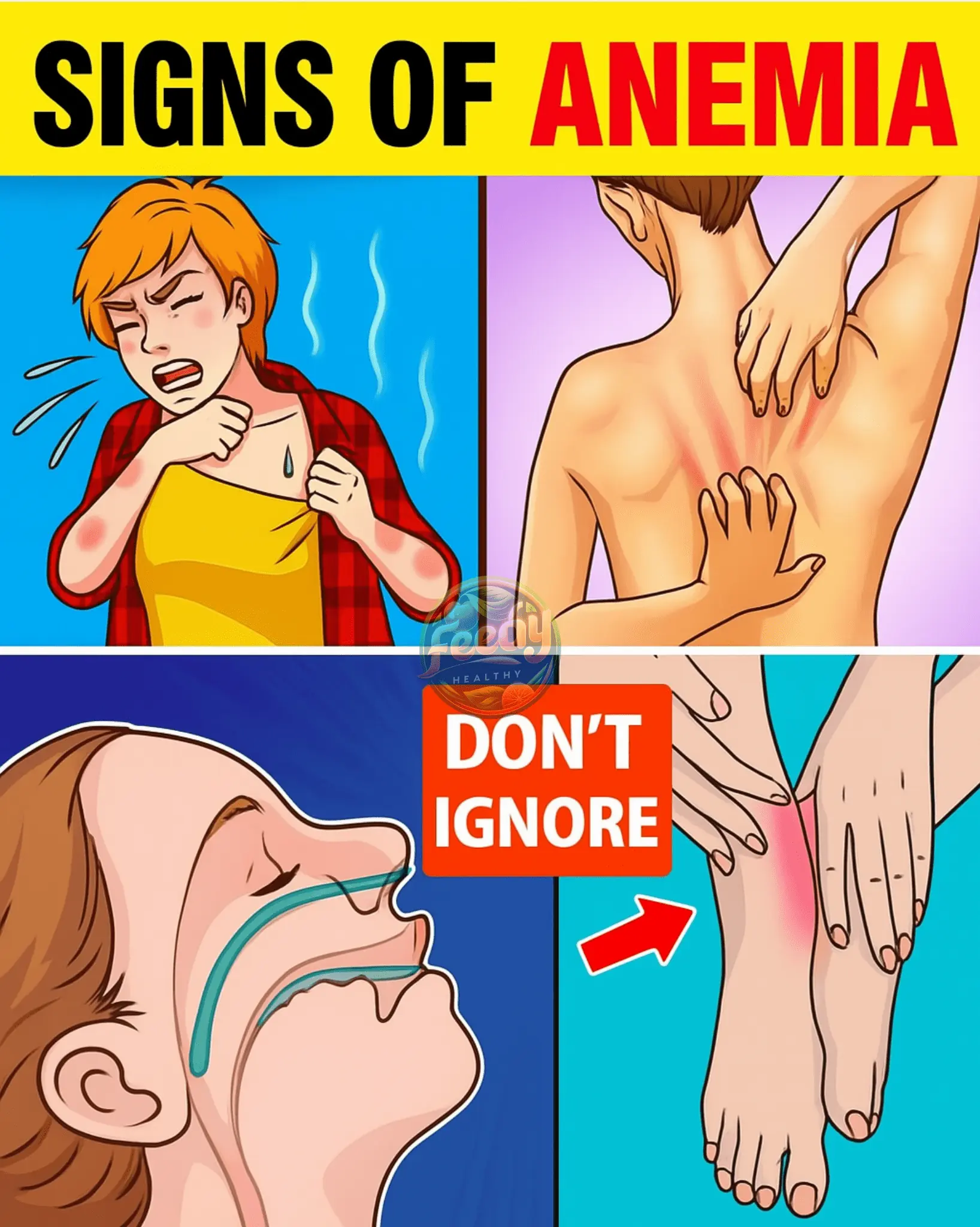
Silent Symptoms of Anemia You Should Never Ignore
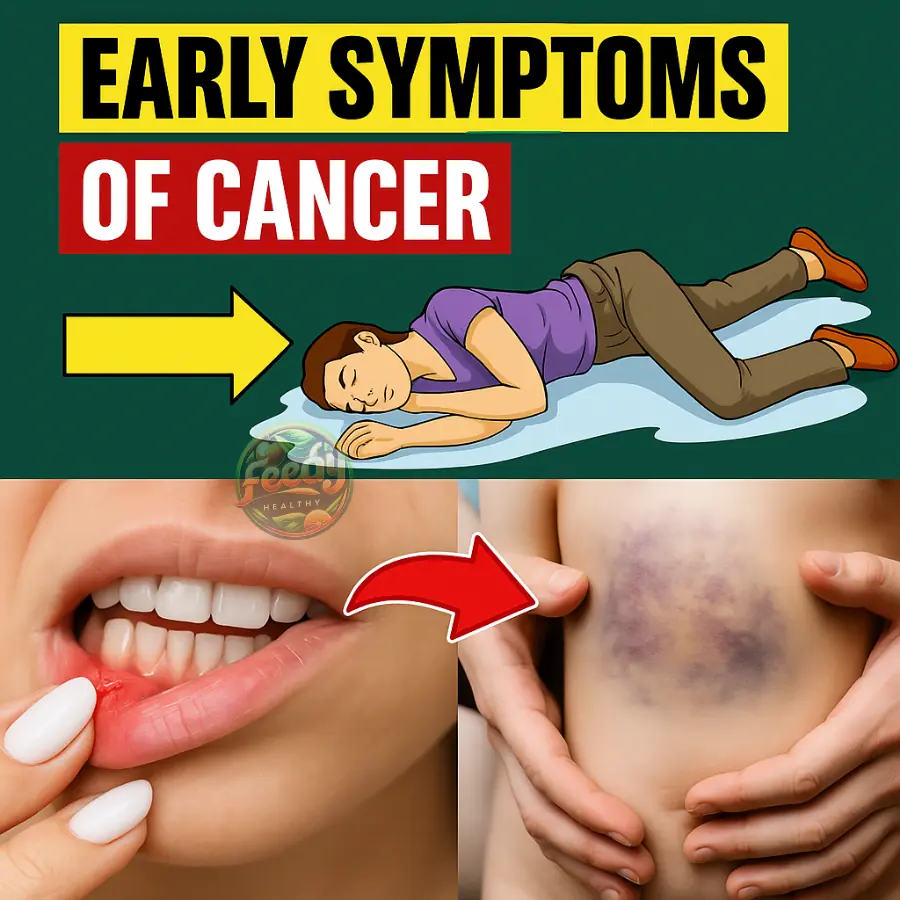
12 Silent Signs of Cancer You Shouldn't Ignore
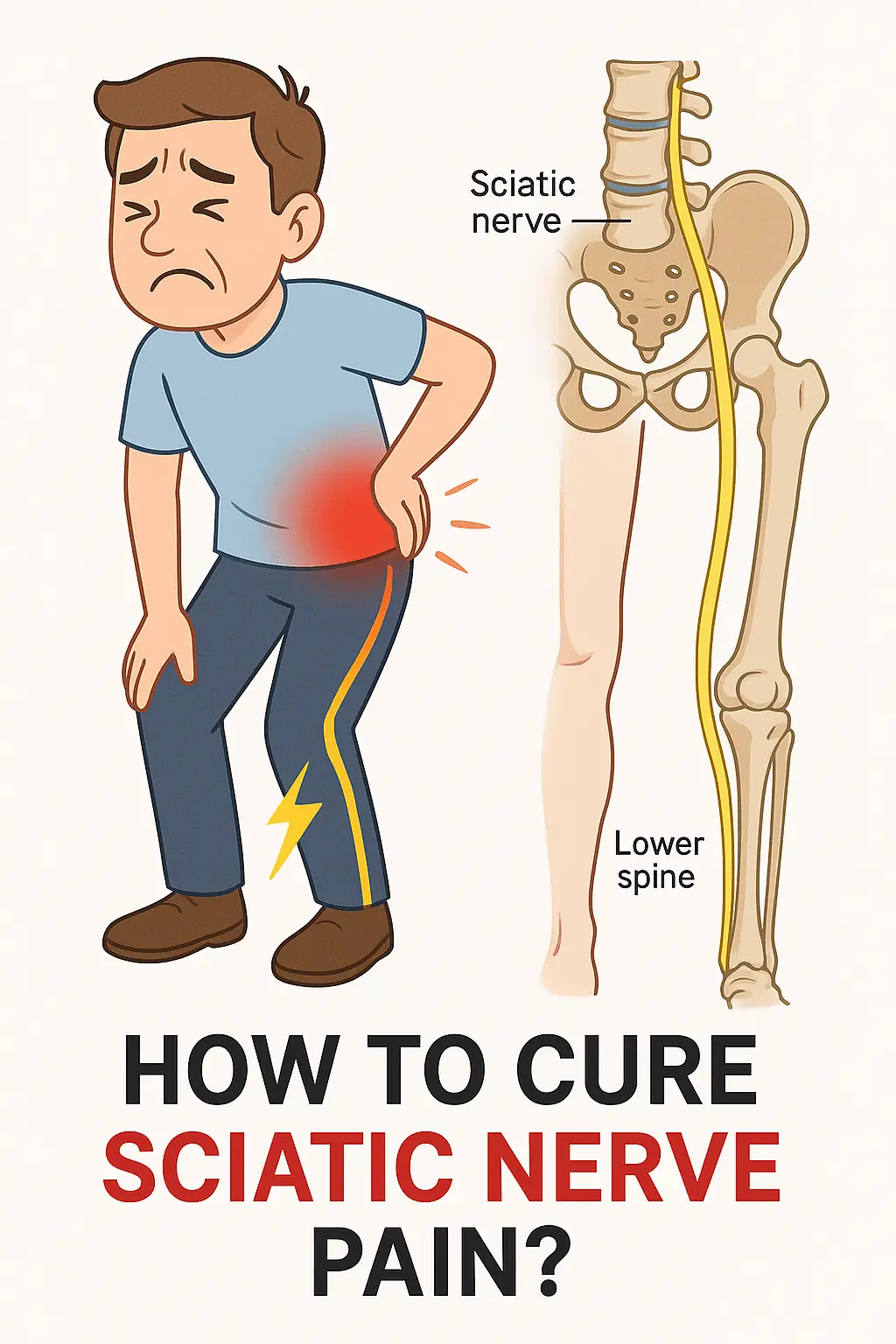
How to Cure Sciatic Nerve Pain: A Guide to Natural Remedies
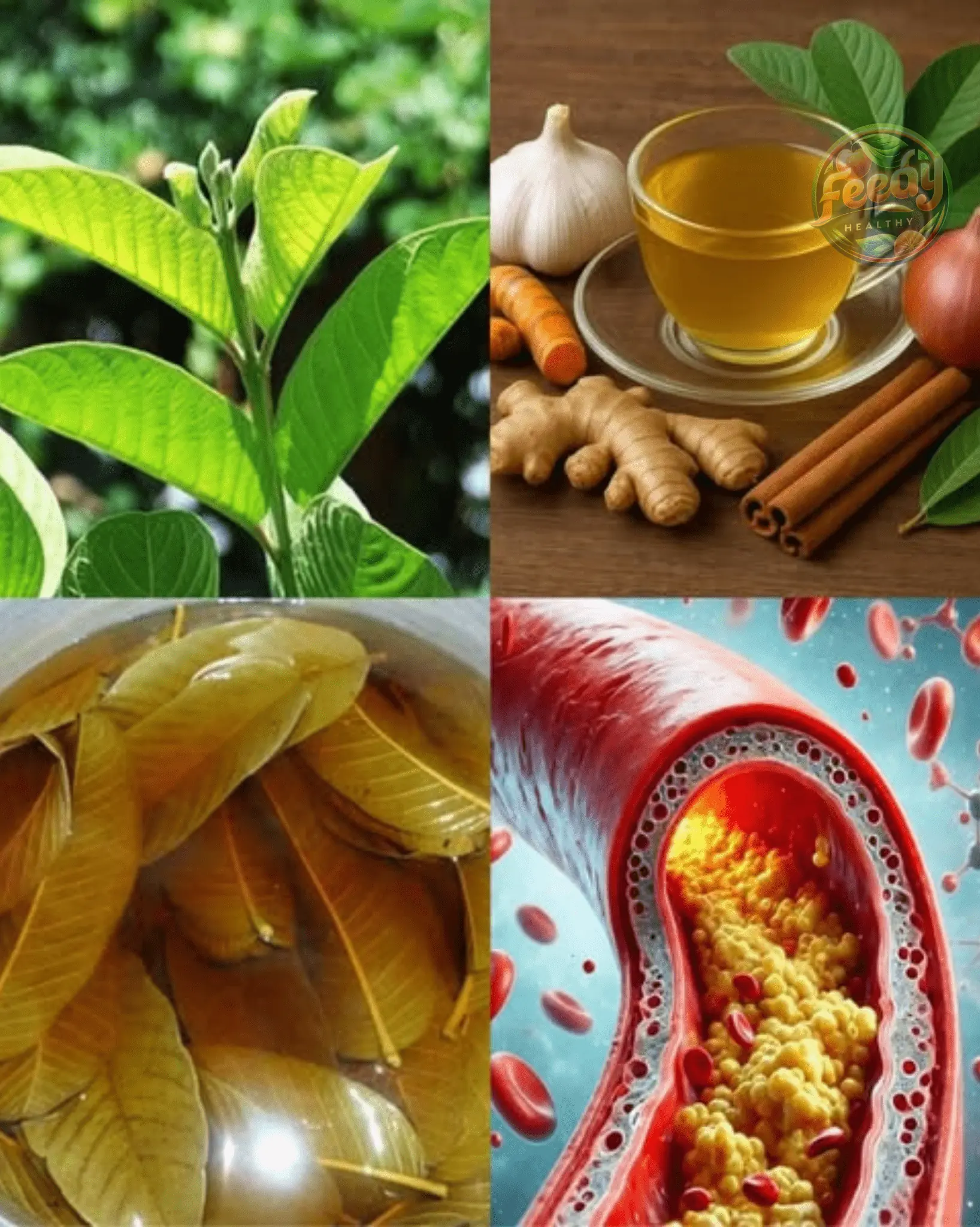
Onion and Peels: Natural Remedies for Bladder and Prostate Health
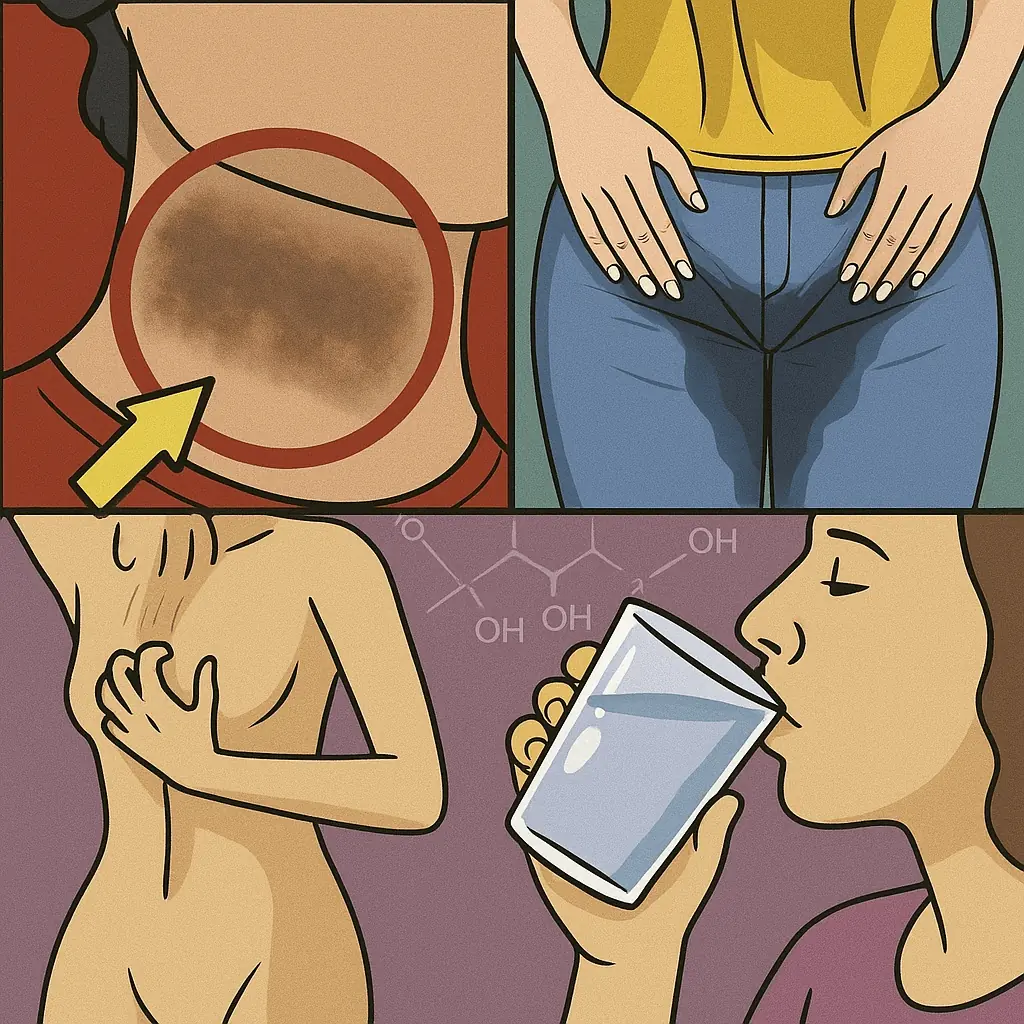
8 Signs You Have Too Much Sugar in Your Body
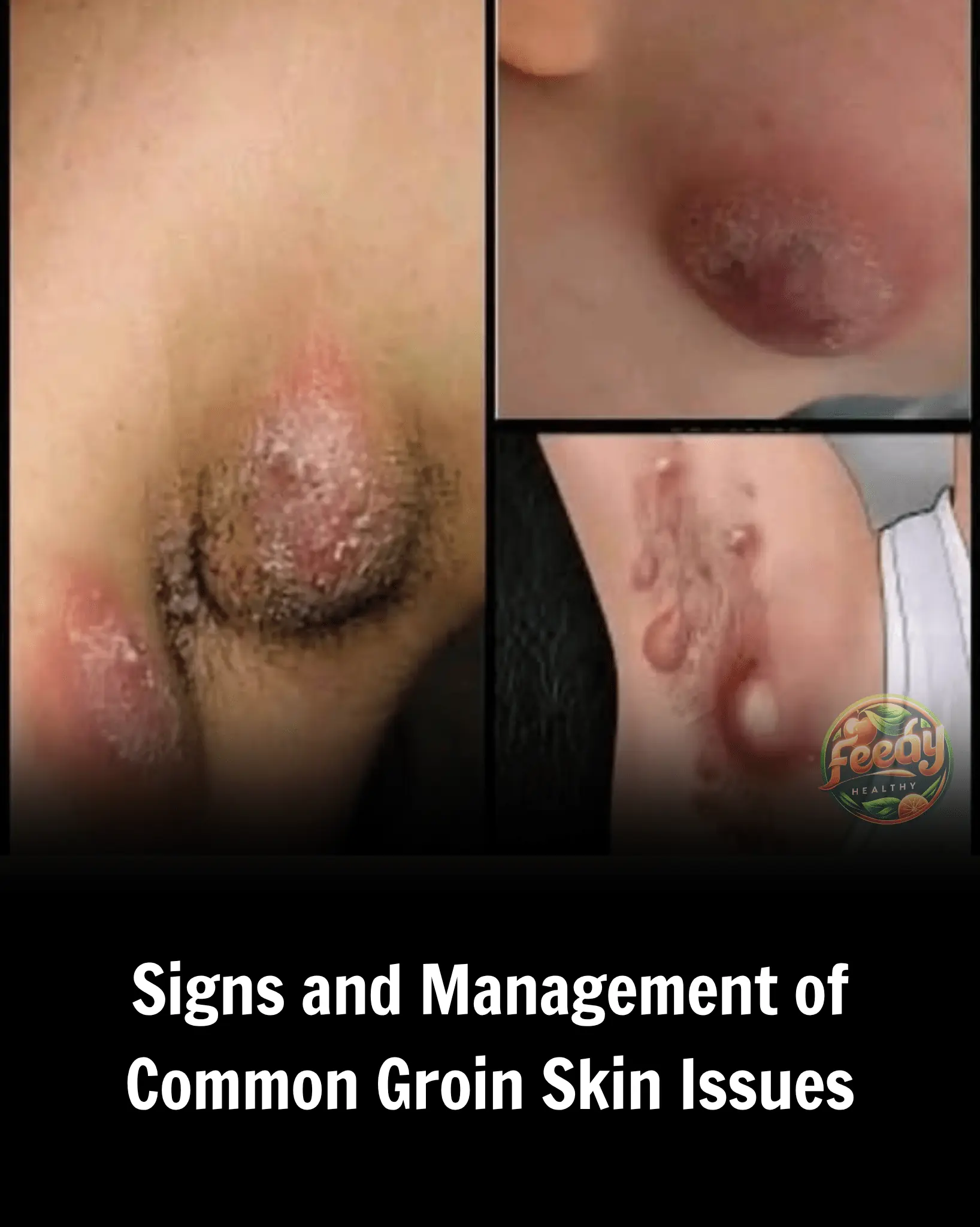
Signs and Management of Common Groin Skin Issues
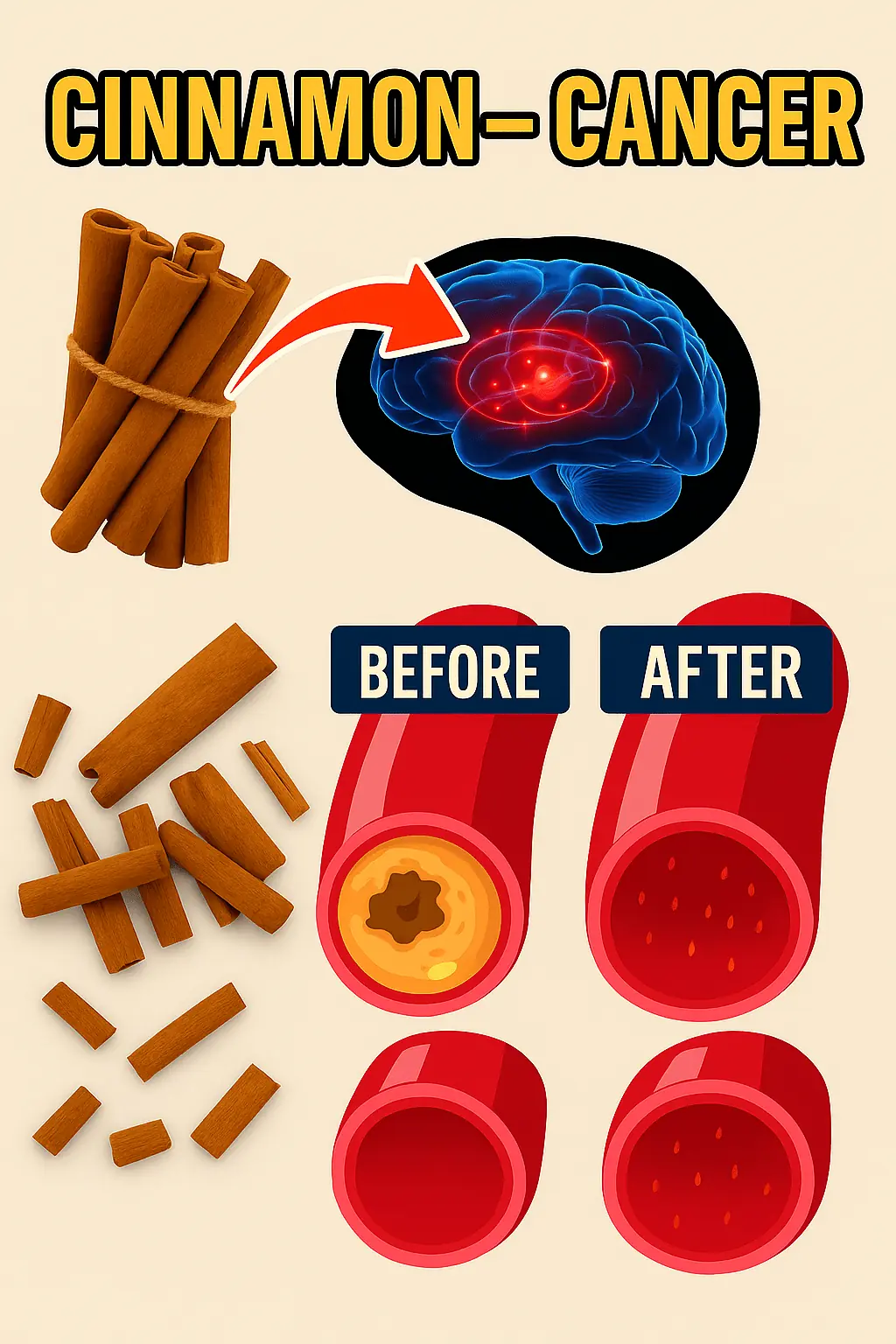
Discover the Unexpected Health Benefits of Cinnamon
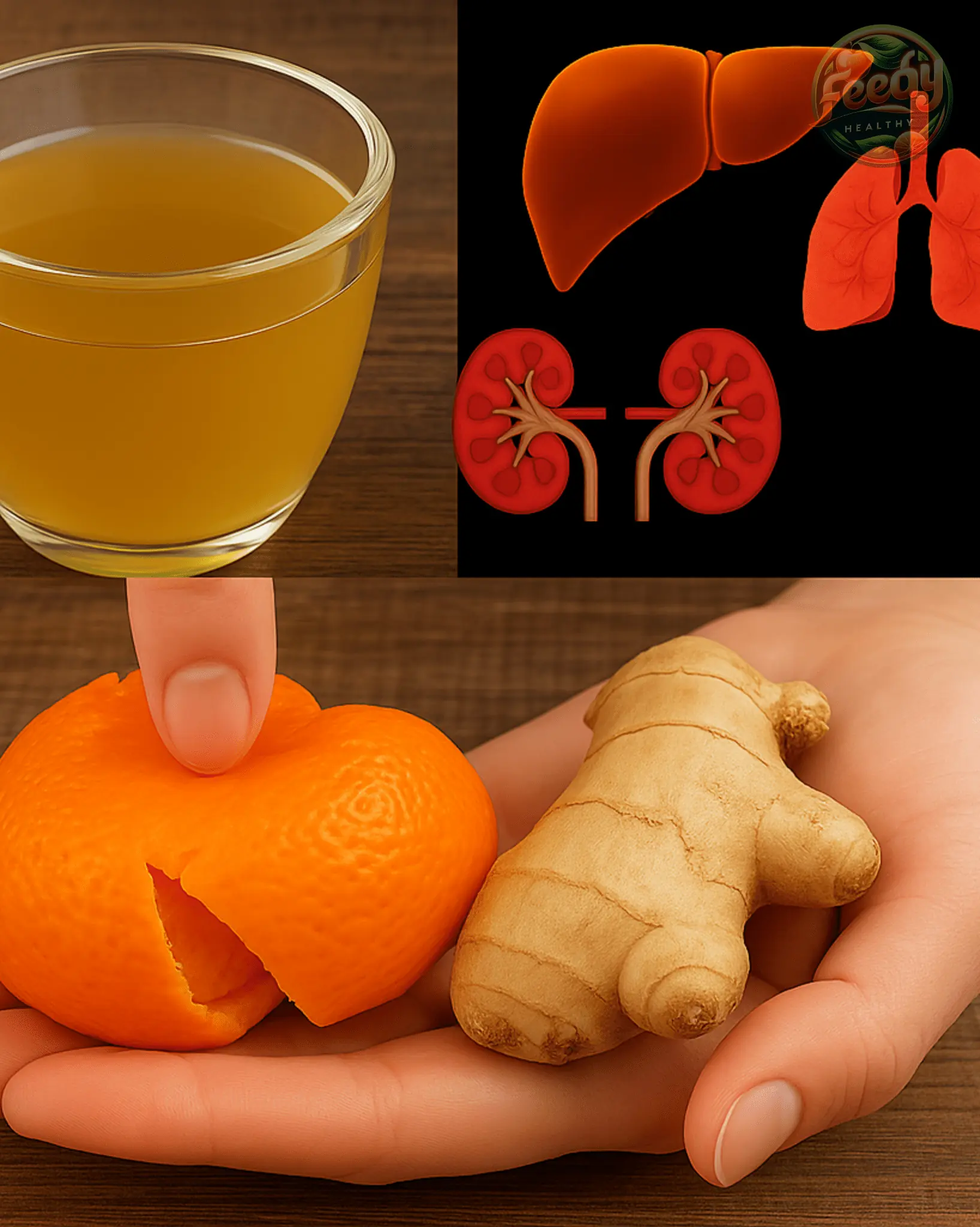
Unveiling Nature’s Detox Secrets: Gently Cleanse Your Kidneys, Liver, and Lungs
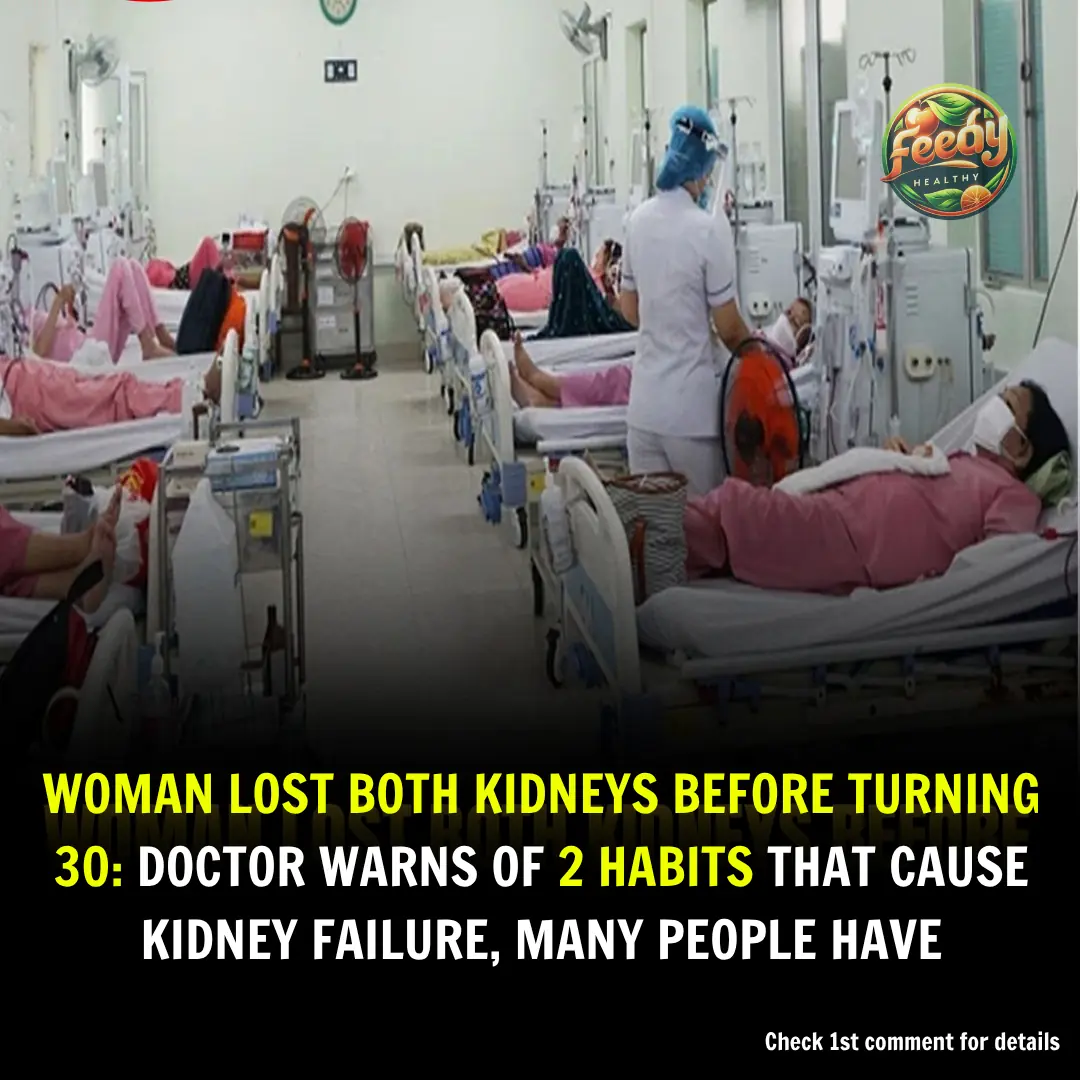
Why Kidney Failure Is Striking The Young—And How To Stop It
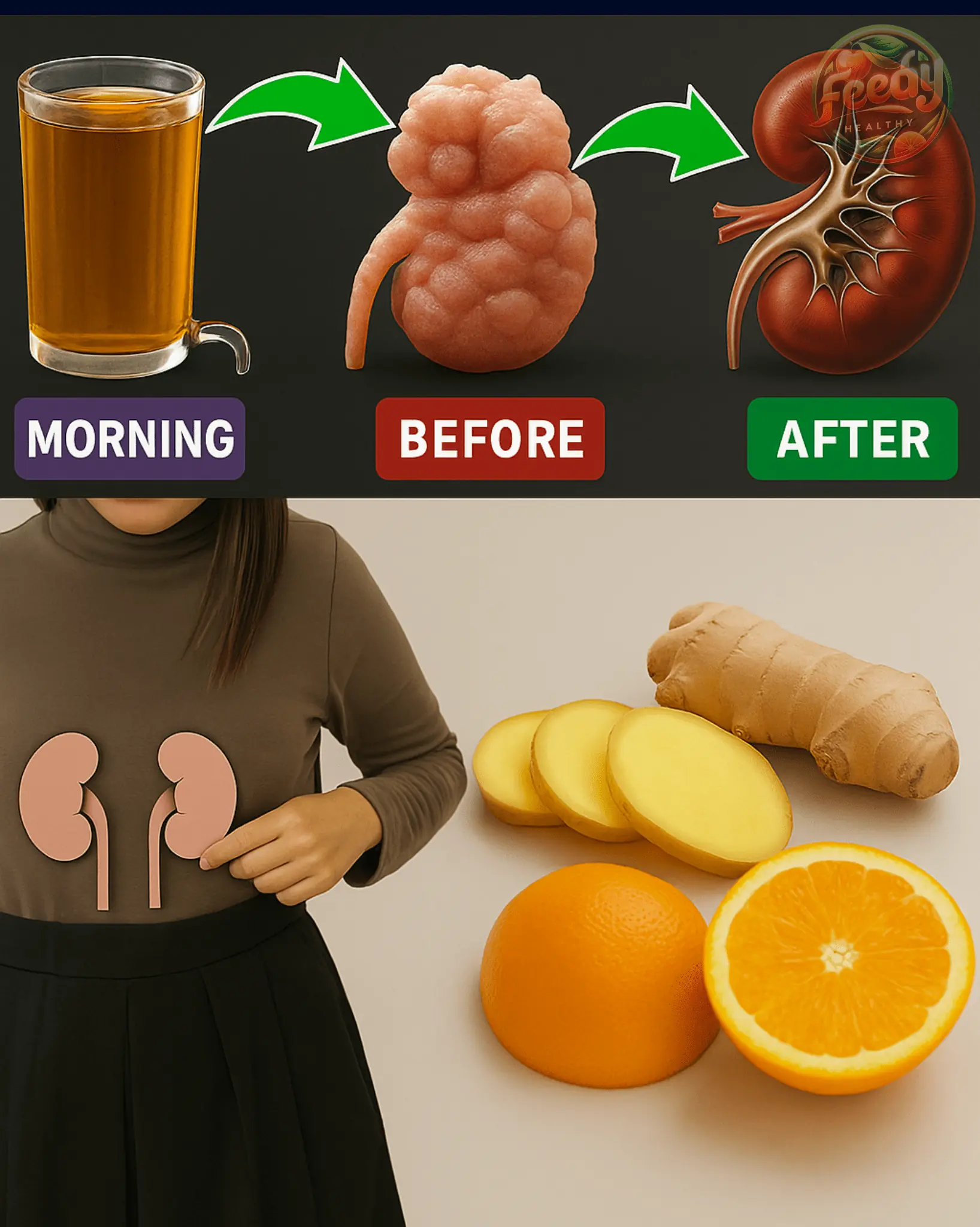
Tangerine and Ginger: The Detox Duo You Didn’t Know You Needed
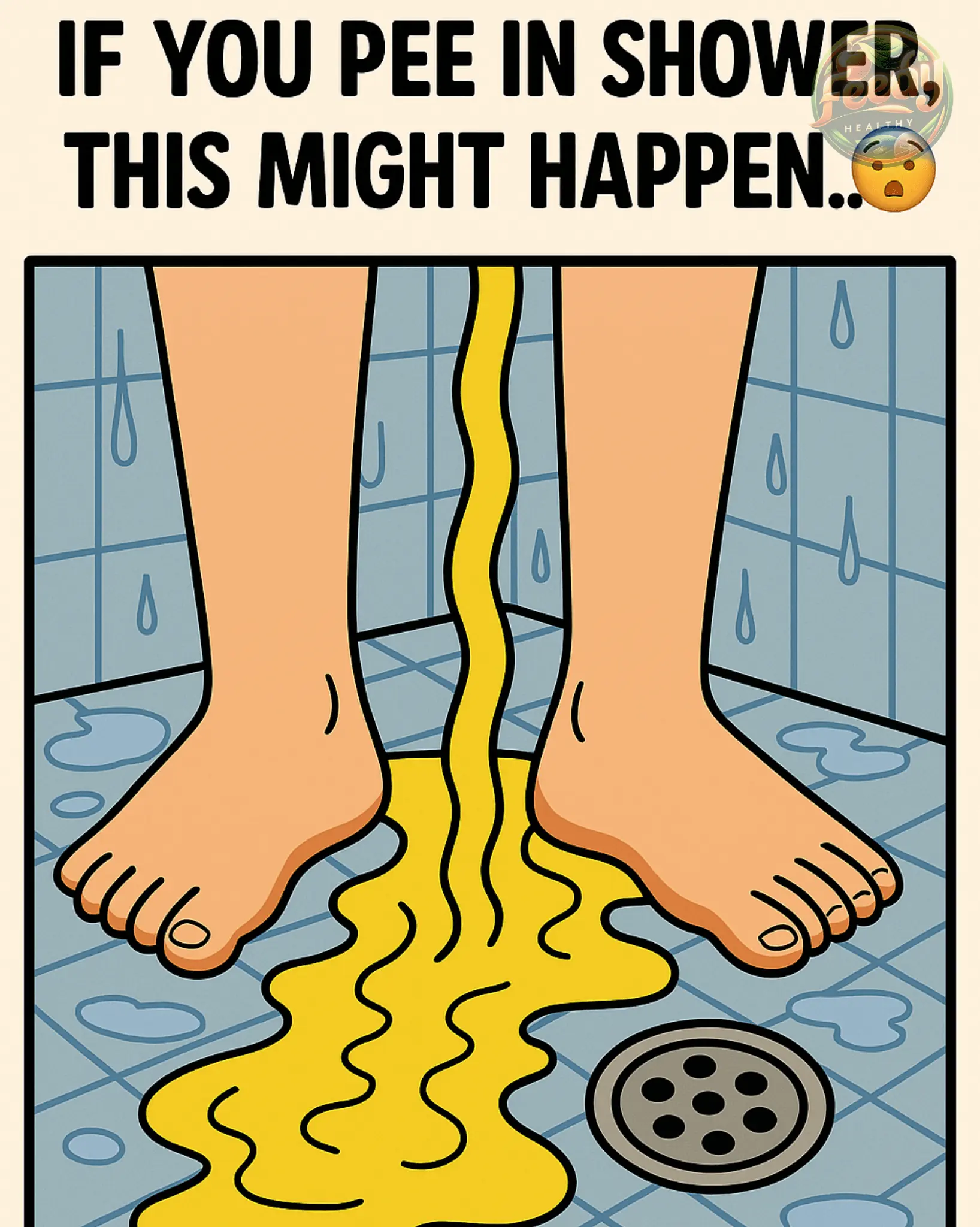
If You Pee in the Shower: Myths, Facts, and Possible Consequences
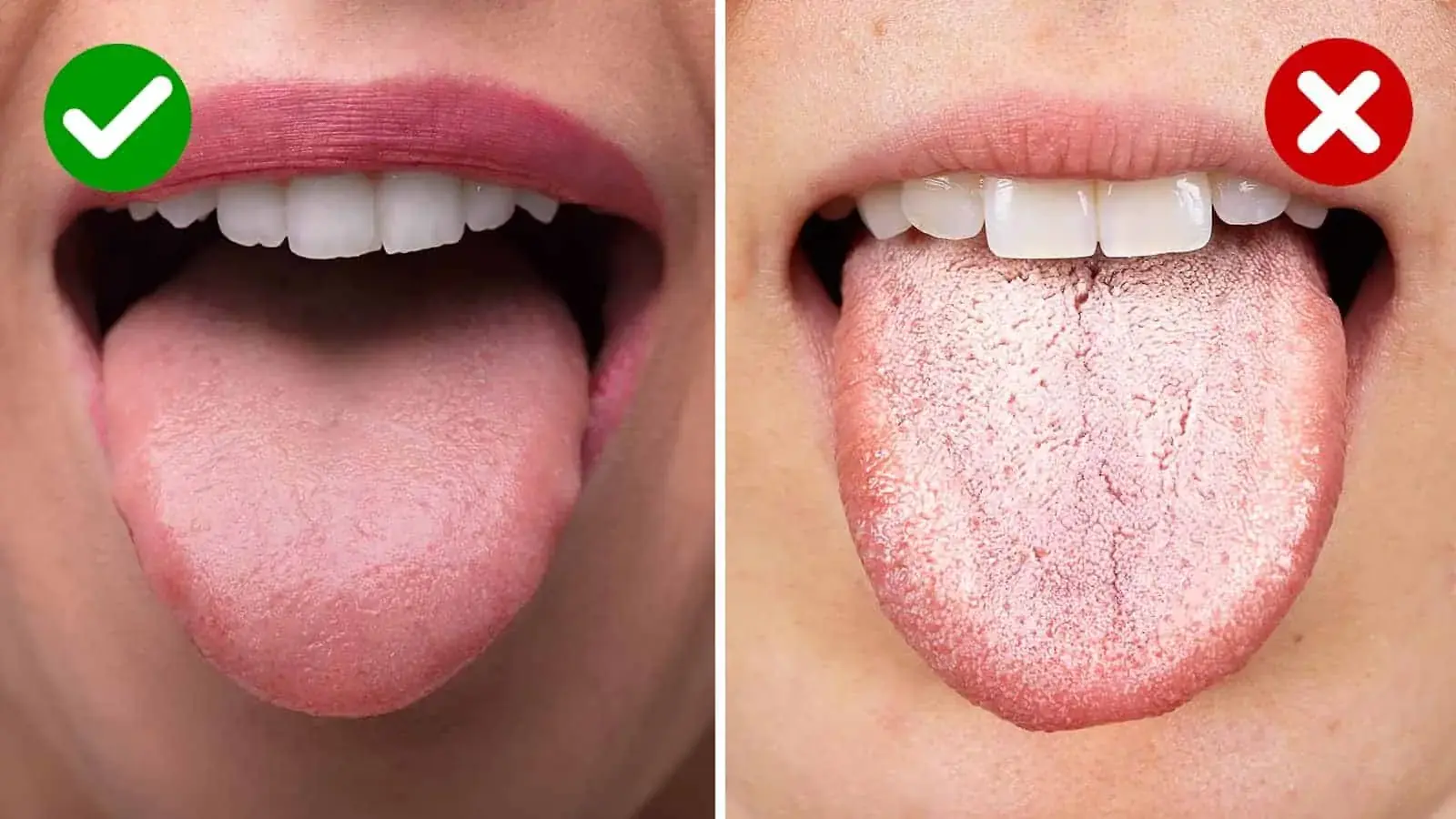
If you’re experiencing these four tongue symptoms, they could indicate underlying health conditions.
News Post
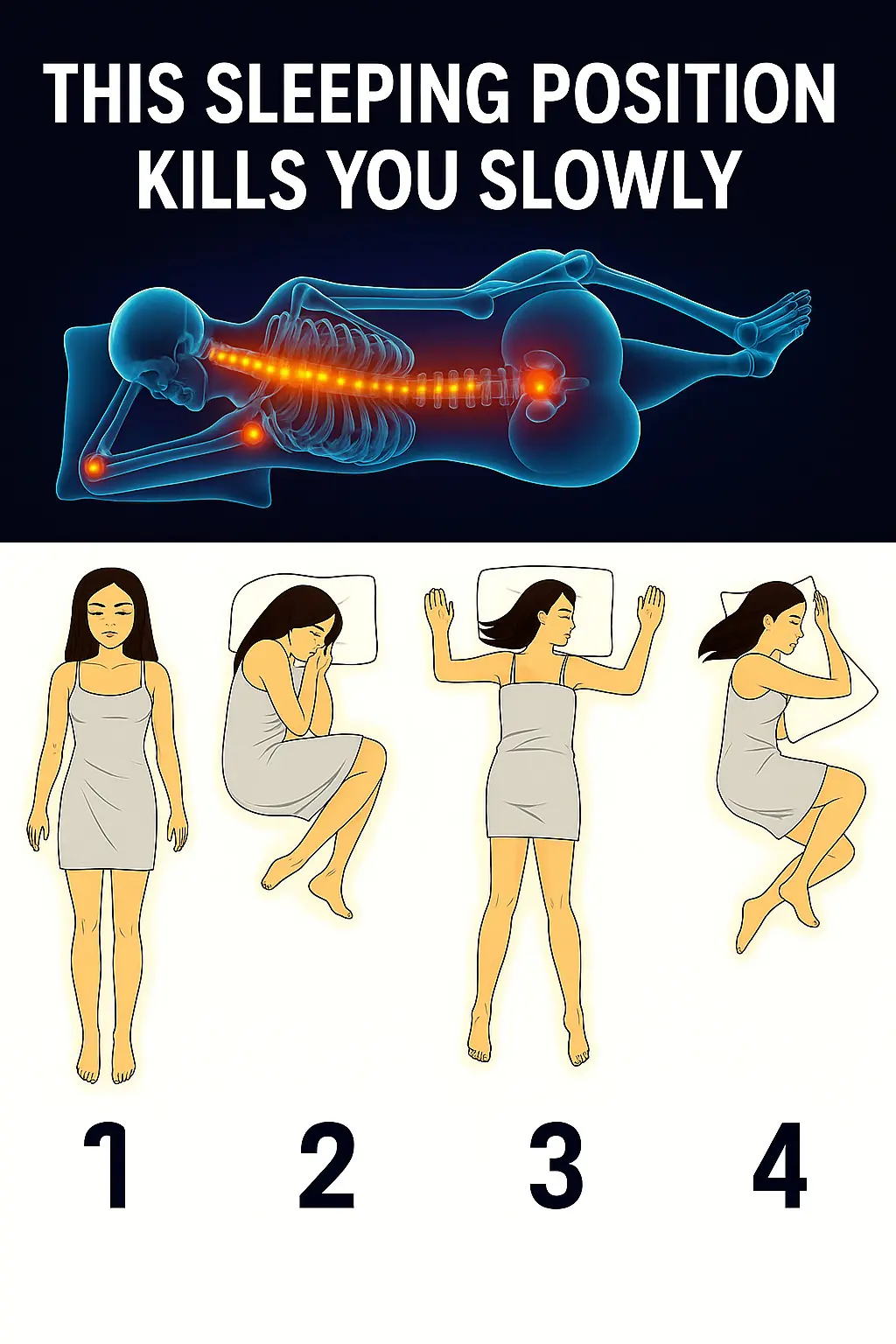
The Most Dangerous Sleeping Position: What You Didn't Know
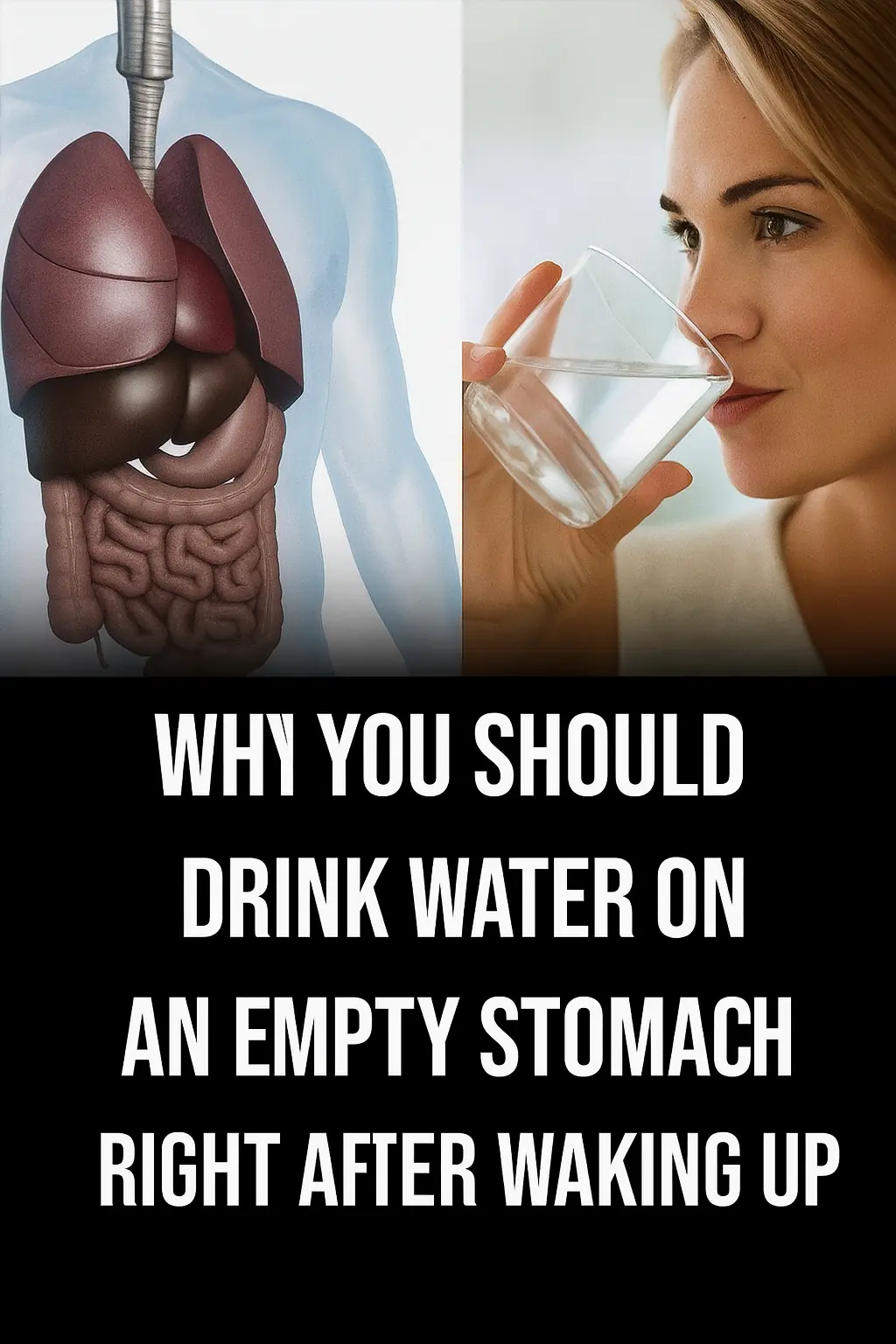
Benefits of Drinking Water on an Empty Stomach: Boost Your Health from the Start of the Day
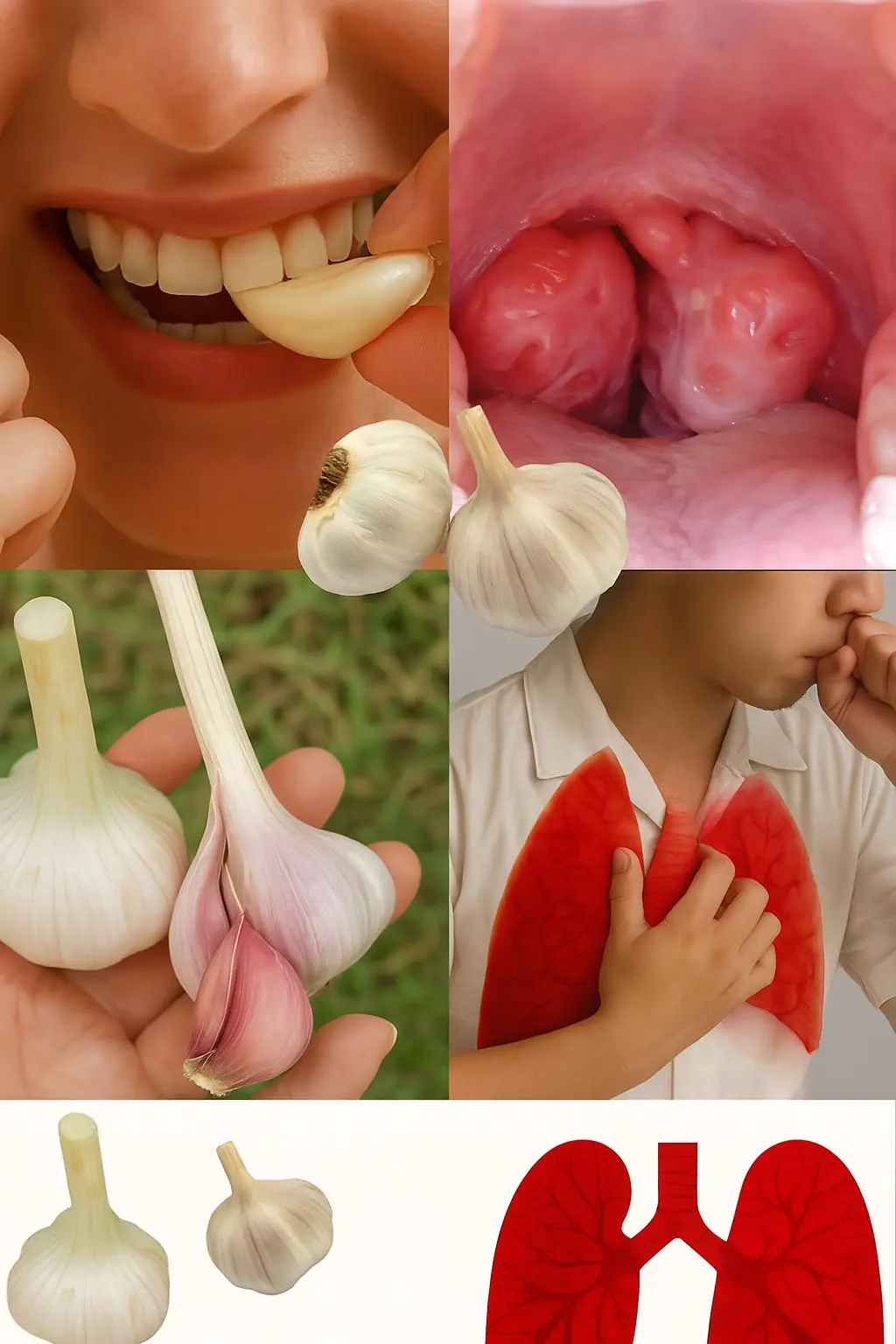
The Benefits of Raw Garlic: A Natural Remedy for Respiratory Health

Benefits of Onion in Water: A Natural Remedy for the Prostate

Eliminates bloated belly, clears urinary infections, and cleanses fatty liver.

Expert Reveals: Why a Boiled Egg Could Transform Your Health

The Most Dangerous Sleeping Position: What You Didn’t Know

5 Things Doctors Say You Should Never Give Your Kids to Help Prevent Cancer

5 Foods Dubbed “Vacuum Cleaners” for the Lungs: Eat Them Regularly to Cleanse Your Lungs

Research Reveals: Regularly Eating Fried Eggs in the Morning Can Bring 4 Major Health Benefits

The insights your finger length offer about your personality

👸🏻✨ Princess-Inspired Celebration Cake

☕ Ultimate Coffee Lover’s Coffee Cake

💛 Mango Chiffon Cake

The Deadly Beauty of Lake Natron: Where Nature Turns to Stone—And Flamingos Call It Home

Milaf Cola: The World’s First Date-Based Soda Could Revolutionize the Soft Drink Industry

Hungry boy called 911, but what arrived was more than just food

What’s SPAM, really — and what goes into it?
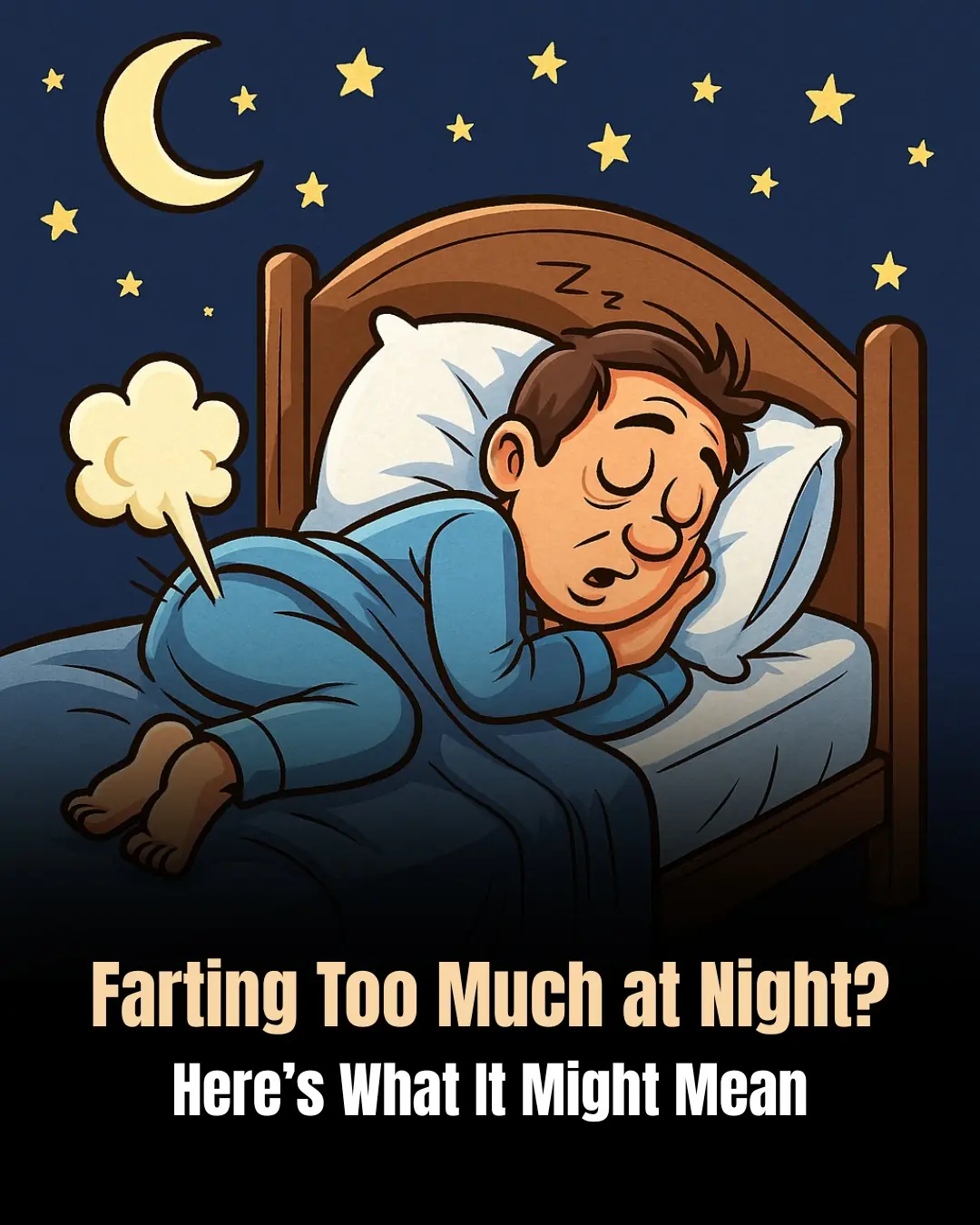
Farting Too Much at Night
